Herbs That Will Make Your Squash Plants Thrive
Herbs That Will Make Your Squash Plants Thrive
Squash is a delicious and versatile vegetable that can be enjoyed in many different ways. But growing squash can be tricky, as they are susceptible to pests and diseases. One way to help your squash plants thrive is to plant them with herbs that have beneficial effects.
There are many different herbs that can be paired with squash, but some of the most effective include:
- Borage: Borage is a flowering herb that attracts beneficial insects, such as bees and ladybugs. These insects help to pollinate the squash flowers and control pests. Borage also releases a compound called gamma-linolenic acid, which has been shown to boost the immune system of squash plants.
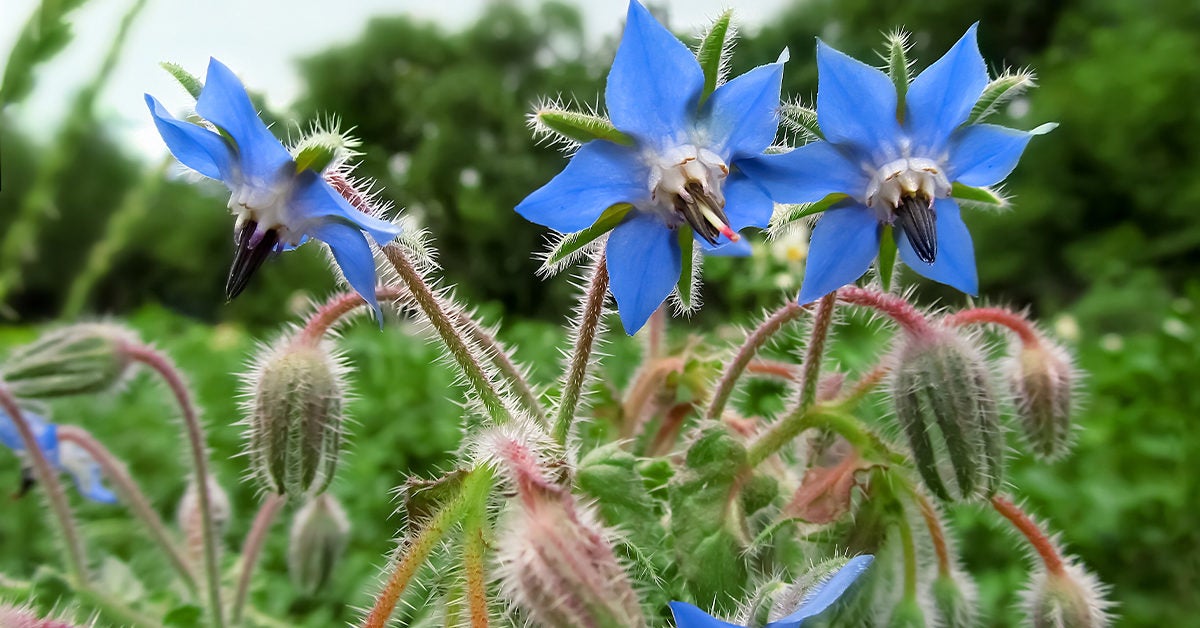
- Dill: Dill is another flowering herb that attracts beneficial insects. It also helps to repel pests, such as squash bugs and cucumber beetles. Dill also improves the flavor of squash, and its leaves can be used to make pickles.
- Marigolds: Marigolds are not technically herbs, but they are often grown in gardens as companion plants. Marigolds release a compound called thiophene, which helps to repel pests, such as nematodes and aphids. They also improve the drainage of soil, which is beneficial for squash plants.

- Oregano: Oregano is a strong-scented herb that repels pests, such as spider mites and whiteflies. It also helps to improve the flavor of squash. Oregano can be used fresh or dried, and it is a popular ingredient in Italian cuisine.
- Peppermint: Peppermint is a minty herb that repels pests, such as ants and mosquitoes. It also helps to improve the flavor of squash. Peppermint can be used fresh or dried, and it is a popular ingredient in teas and desserts.
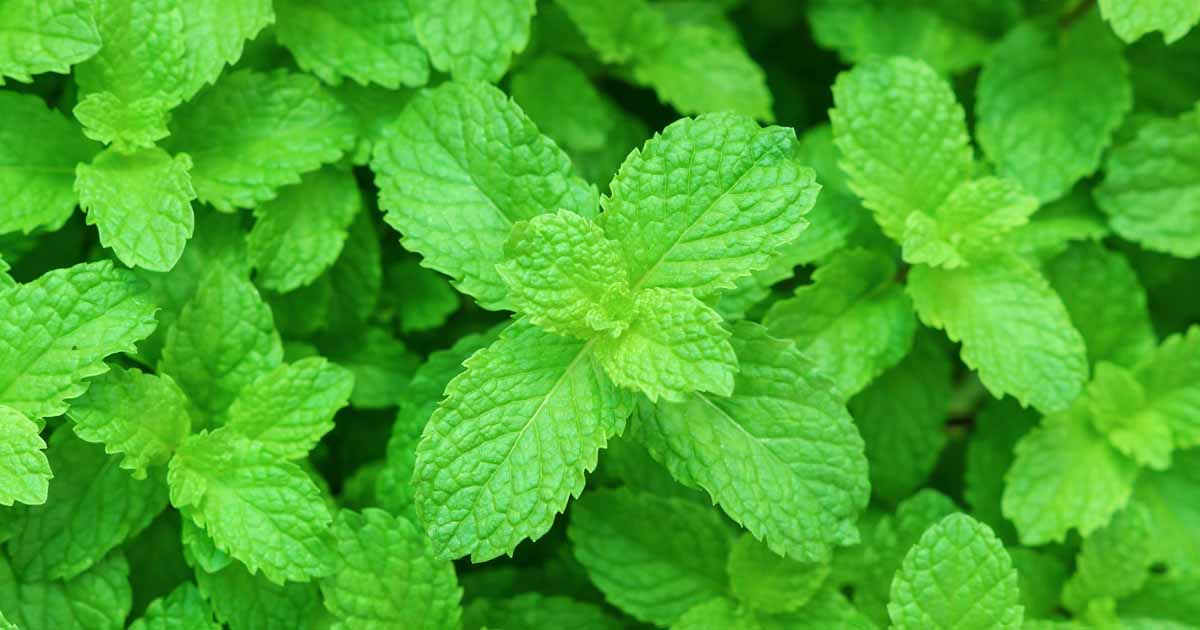
In addition to these herbs, there are a few other plants that can be beneficial for squash plants. These include:
- Sunflowers: Sunflowers help to attract beneficial insects and improve the pollination of squash flowers. They also provide shade for squash plants, which can help to protect them from the heat.
- Radishes: Radishes help to deter pests, such as squash vine borers. They also help to improve the drainage of soil, which is beneficial for squash plants.

- Legumes: Legumes, such as beans and peas, fix nitrogen in the soil, which helps to improve the growth of squash plants. They also help to attract beneficial insects.

When planting herbs with squash, it is important to choose herbs that have similar growing requirements. For example, borage and dill prefer full sun, while oregano and peppermint prefer partial shade. It is also important to plant the herbs at a distance that will allow them to grow without competing with each other.
By planting herbs with your squash plants, you can help to improve their growth, flavor, and pest resistance. So next time you are planning a squash garden, be sure to include some of these beneficial herbs.
Growing squash is a rewarding experience, but it can be challenging to keep pests and diseases at bay. One way to improve your chances of success is to plant companion herbs.
Companion herbs are plants that benefit each other when they are grown together. For example, some herbs can repel pests, while others can attract beneficial insects.
If you are looking for companion herbs for squash, you have a few great options. Some of the best include:
- Dill: Dill attracts beneficial insects like ladybugs and lacewings, which help to control pests.
- Borage: Borage attracts bees, which help to pollinate squash flowers.
- Nasturtiums: Nasturtiums attract aphids and other pests, which helps to keep them away from your squash plants.
- Marigolds: Marigolds release chemicals that help to deter pests.
- Peppermint: Peppermint repels pests like squash bugs and cucumber beetles.
To learn more about companion herbs for squash, I recommend visiting Gardenia Inspiration. This website has a comprehensive list of companion plants, as well as information on how to plant and care for them.
FAQ of companion herbs for squash
Question 1: What are some good companion herbs for squash?
Answer: Some good companion herbs for squash include:
- Borage: Borage attracts pollinators, such as bees and butterflies, which help to pollinate the squash plants. It also releases a chemical that helps to repel squash bugs.

- Dill: Dill attracts beneficial insects, such as ladybugs and lacewings, which help to control pests such as aphids and squash bugs. It also helps to improve the flavor of squash.
- Marigolds: Marigolds help to repel nematodes, which are a common pest of squash plants. They also attract pollinators.

- Nasturtiums: Nasturtiums attract pests such as aphids and whiteflies, which help to keep them away from squash plants. They also add a splash of color to the garden.
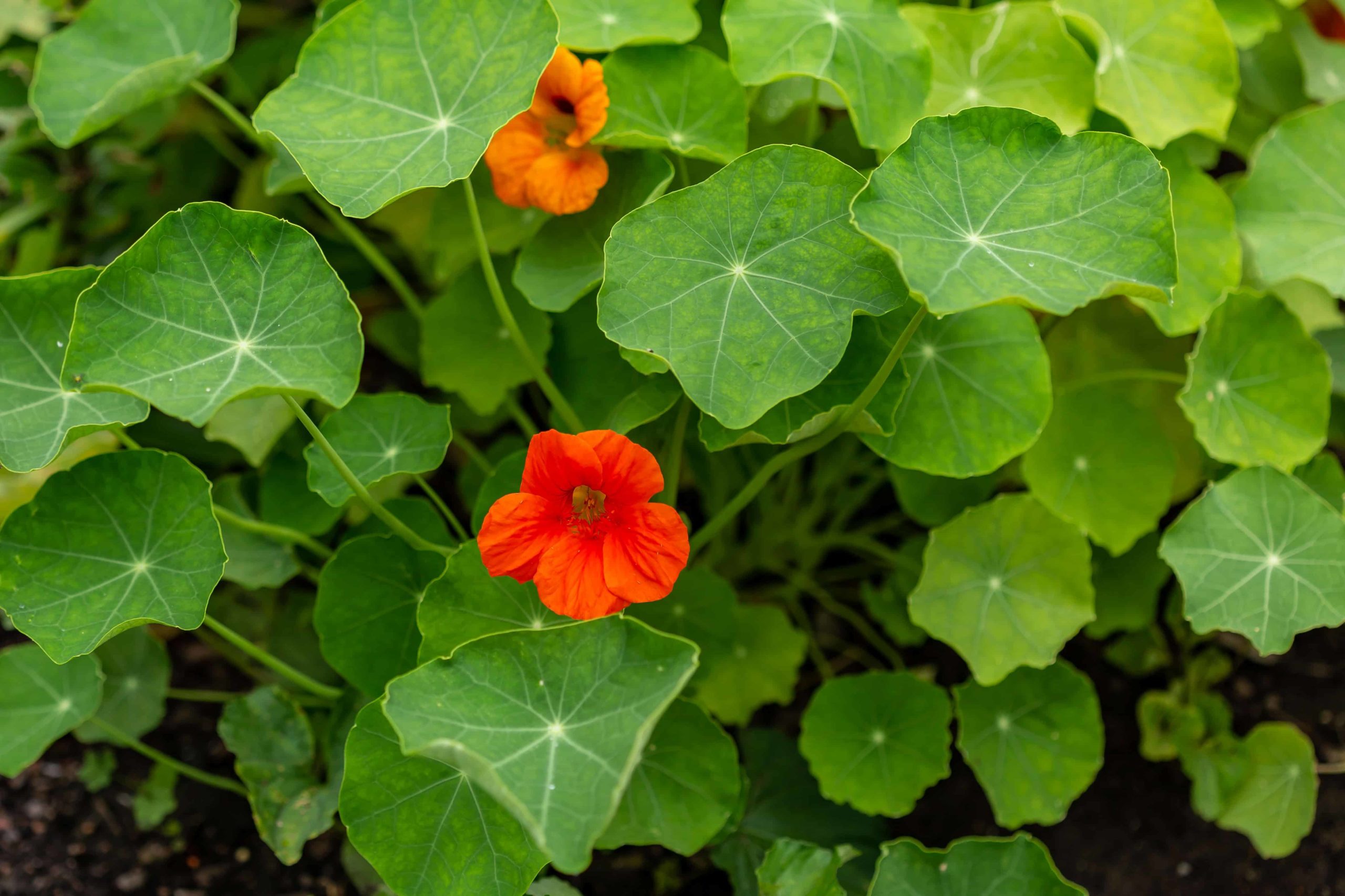
- Peppermint: Peppermint helps to repel squash bugs and other pests. It also helps to improve the flavor of squash.

Question 2: What are some bad companion plants for squash?
Answer: Some bad companion plants for squash include:
- Beetroot: Beetroot can compete with squash for nutrients.

- Fennel: Fennel can cross-pollinate with squash, which can change the taste of the squash.
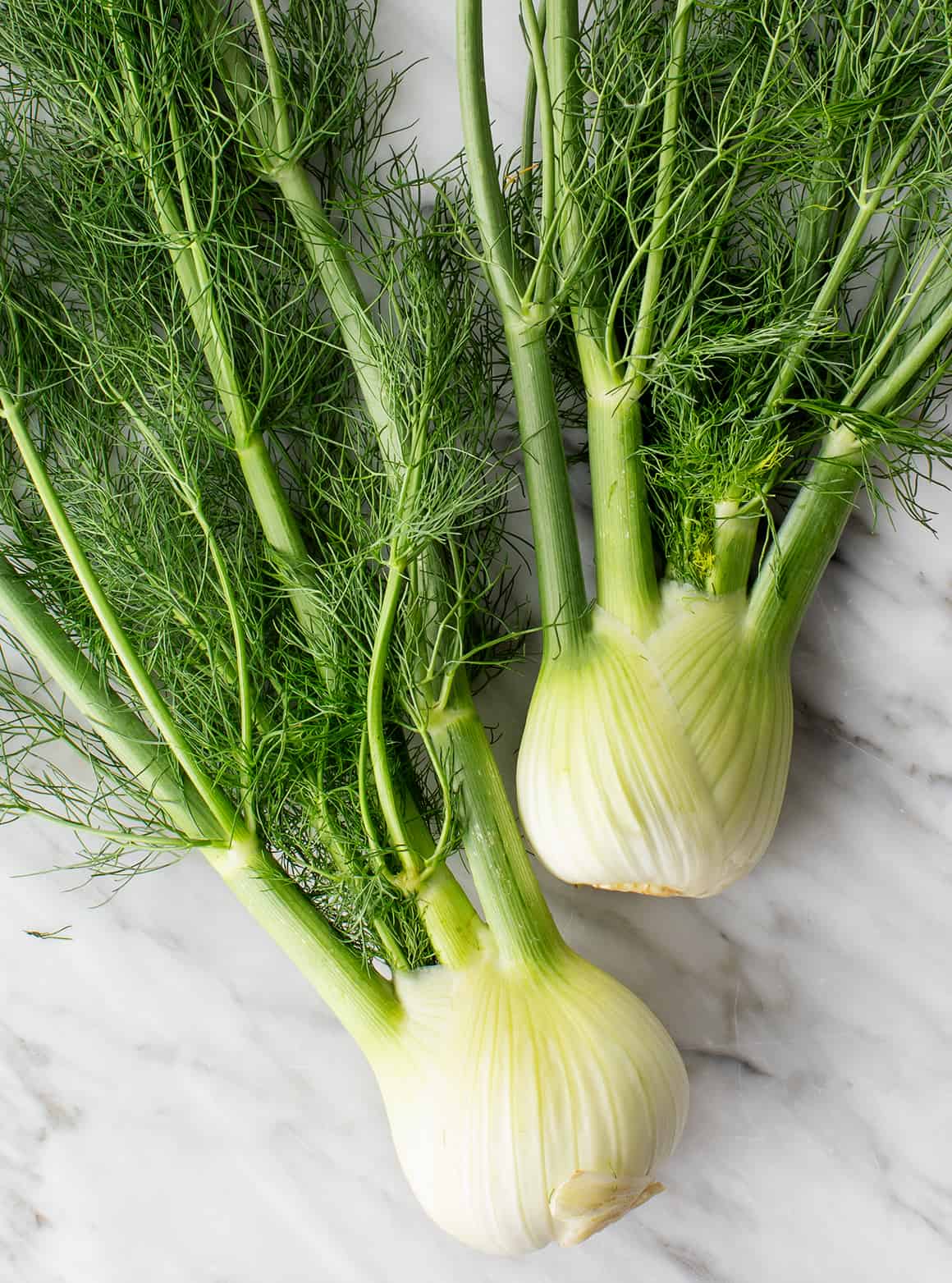
- Irish potato: Irish potato can attract the same pests as squash, such as aphids and squash bugs.

- Sweet potato: Sweet potato can compete with squash for nutrients.

- Watermelon: Watermelon can attract the same pests as squash, such as aphids and squash bugs.

Question 3: How do companion herbs help squash plants?
Answer: Companion herbs can help squash plants in a number of ways, including:
- Attracting pollinators: Pollinators, such as bees and butterflies, help to pollinate the squash plants, which leads to a better yield.
- Reducing pests: Some companion herbs, such as marigolds and nasturtiums, help to repel pests that can damage squash plants.
- Improving soil quality: Some companion herbs, such as borage and dill, help to improve the soil quality, which can benefit the growth of squash plants.
- Providing shade: Some companion herbs, such as sunflowers, can provide shade for squash plants, which can help to protect them from the heat.
Question 4: How far apart should companion herbs be planted from squash plants?
Answer: The distance between companion herbs and squash plants will vary depending on the size of the plants. However, as a general rule, companion herbs should be planted at least 12 inches away from squash plants.
Question 5: What are some other benefits of companion planting?
Answer: Companion planting can provide a number of other benefits, including:
- Disease prevention: Some companion plants can help to prevent diseases from spreading to squash plants.
- Increased biodiversity: Companion planting can help to increase the biodiversity of the garden, which can make it more resilient to pests and diseases.
- Improved soil quality: Companion planting can help to improve the soil quality, which can benefit the growth of all plants in the garden.
Image of companion herbs for squash
5 different images of companion herbs for squash from Pinterest:
- Peppermint: Peppermint is a strong-scented herb that can help to repel pests like squash bugs and cucumber beetles.
- Dill: Dill is another fragrant herb that can help to deter pests. It also attracts beneficial insects like ladybugs and hoverflies, which can help to control pests.
- Oregano: Oregano is a versatile herb that can be used in cooking and as a medicinal herb. It can also help to repel pests and attract beneficial insects.
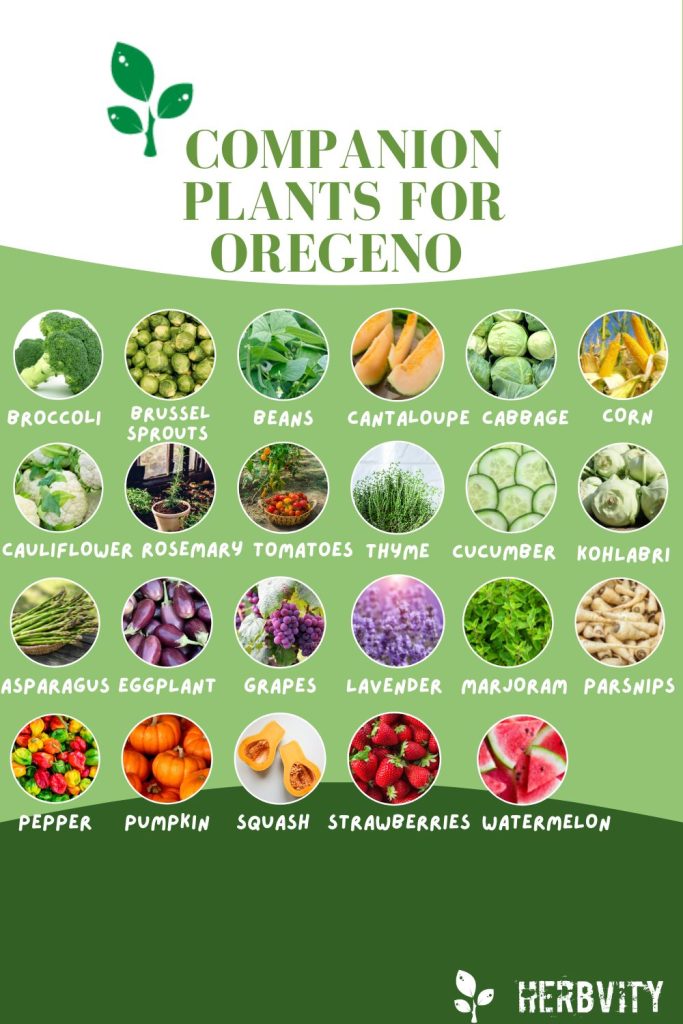
- Lemon balm: Lemon balm is a calming herb that can help to deter pests and attract beneficial insects. It also has a pleasant lemony scent that can make your garden smell amazing.
- Parsley: Parsley is a nutrient-rich herb that can help to improve the flavor of squash. It also attracts beneficial insects and can help to deter pests.
Post a Comment for " Herbs That Will Make Your Squash Plants Thrive"